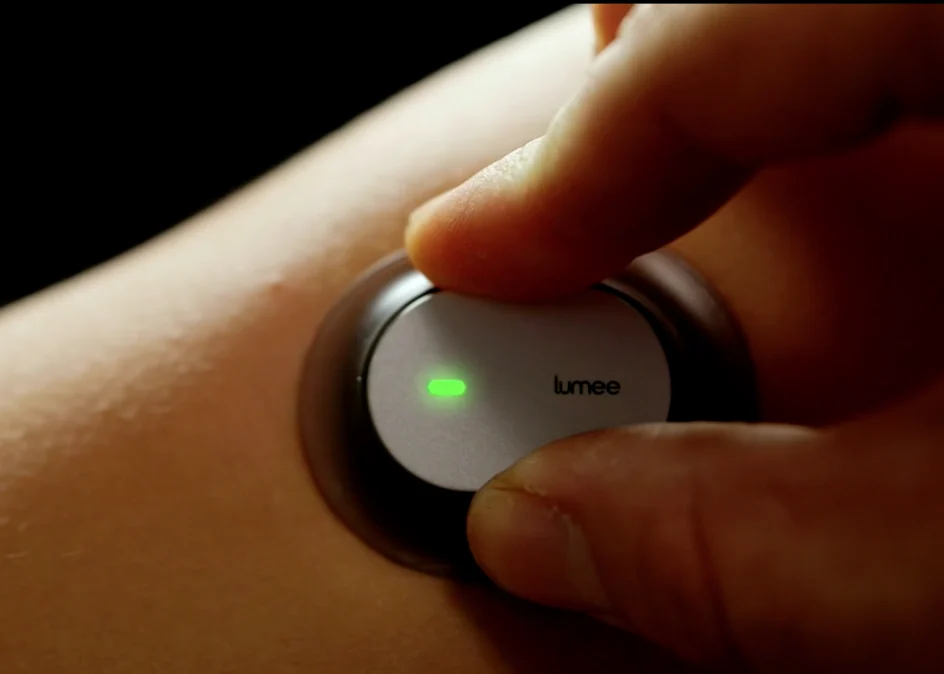Wearable technology has evolved beyond just tracking fitness activities, with new innovations in health monitoring taking center stage. The integration of advanced sensors and data analytics has allowed wearable devices to provide real-time insights into various health metrics, including heart rate, blood pressure, and sleep patterns. This new wave of wearable tech goes beyond simply counting steps, offering users a more comprehensive understanding of their overall well-being.
In addition to the traditional fitness tracking capabilities, the latest wearable devices are equipped with advanced features for health monitoring. These include continuous glucose monitoring for diabetics, ECG monitoring for heart health, and even stress level detection. These innovations provide a more holistic approach to health management, empowering users to make informed decisions about their well-being. With the ability to seamlessly integrate into daily life, these devices are poised to revolutionize the way we monitor and manage our health.
The shift towards health-focused wearable technology has also sparked interest in medical-grade devices that can be used for remote patient monitoring. This has the potential to significantly impact the healthcare industry, allowing for more personalized and proactive care for patients. As the capabilities of wearable tech continue to expand, the possibilities for health monitoring and management are becoming increasingly promising. With the potential to detect and address health issues at an early stage, wearable devices are poised to play a crucial role in the future of healthcare.
1. Wearable Health Tech for Chronic Disease Management
Wearable technology is no longer limited to tracking steps or monitoring heart rate during exercise. Innovations in health monitoring have expanded to include the management of chronic diseases such as diabetes, hypertension, and asthma. Wearable devices can now track blood sugar levels, monitor blood pressure, and even detect early signs of an asthma attack, providing valuable data for individuals and their healthcare providers to better manage these conditions.
These advancements in wearable health tech have the potential to revolutionize the way chronic diseases are managed, allowing for more proactive and personalized care. By continuously monitoring key health metrics, individuals can gain insights into their health trends and patterns, leading to earlier interventions and improved overall health outcomes.
2. Remote Patient Monitoring and Telemedicine
Wearable health tech is enabling remote patient monitoring, allowing healthcare providers to keep track of their patients’ health outside of traditional clinical settings. This is particularly valuable for individuals with chronic conditions, the elderly, and those recovering from surgery or illness. By wearing devices that continuously monitor vital signs and other health metrics, patients can receive ongoing care and support from their healthcare team without the need for frequent in-person visits.
In addition, wearable health tech is playing a crucial role in the expansion of telemedicine, allowing for virtual consultations and appointments. Patients can share real-time data from their wearable devices with healthcare providers, enabling more informed and personalized remote care. This not only increases access to healthcare for patients in remote or underserved areas but also reduces the burden on healthcare facilities.
3. Mental Health Monitoring and Well-being
Beyond physical health, wearable technology is also making strides in monitoring mental health and overall well-being. Devices equipped with sensors and algorithms can track indicators of stress, anxiety, and even mood patterns. This data can provide individuals with insights into their mental and emotional well-being, prompting them to take proactive steps to manage their stress levels and seek support when needed.
Furthermore, wearable tech is being integrated with mindfulness and meditation features, offering users tools and guidance to improve their mental wellness. By promoting self-awareness and providing resources for stress reduction, these devices are contributing to a more holistic approach to health and wellness.
4. Early Detection of Health Issues
Advancements in wearable health tech are facilitating early detection of potential health issues by continuously monitoring various physiological parameters. For example, smartwatches with built-in ECG capabilities can detect irregular heart rhythms, potentially indicating underlying heart conditions. Similarly, wearable devices can track changes in sleep patterns, alerting users to potential sleep disorders or disturbances.
By identifying these early warning signs, individuals can seek timely medical attention and interventions, leading to better health outcomes. Wearable health tech is thus empowering users to take a proactive role in their health, shifting the focus from reactive care to preventive measures.
5. Personalized Health Insights and Recommendations
Wearable health tech is not only about collecting data; it’s also about translating that data into actionable insights and personalized recommendations for users. Advanced algorithms and AI capabilities analyze the gathered health information to provide tailored advice on physical activity, nutrition, and overall lifestyle choices.
These personalized recommendations empower individuals to make informed decisions about their health and well-being, taking into account their unique physiological and behavioral patterns. By leveraging wearable health tech, users can work towards optimizing their health in a way that aligns with their specific needs and goals.
6. Integration with Health Records and Systems
As wearable health tech becomes more sophisticated, efforts are being made to integrate the data collected from these devices with electronic health records and healthcare systems. This integration allows for a more comprehensive view of an individual’s health, with real-time data from wearables complementing traditional medical records.
By bridging the gap between wearable devices and healthcare systems, this integration holds the potential to enhance clinical decision-making, improve care coordination, and provide healthcare providers with a more holistic understanding of their patients’ health. It also paves the way for the seamless exchange of data between individuals, healthcare providers, and other stakeholders in the healthcare ecosystem.
7. Advancements in Biometric Monitoring
Biometric monitoring, including features such as continuous glucose monitoring for diabetics and sweat analysis for hydration levels, is a rapidly evolving area in wearable health tech. These advancements are expanding the capabilities of wearable devices to provide more comprehensive and detailed insights into various aspects of an individual’s health.
By leveraging biometric data, wearable devices can offer a deeper understanding of physiological processes and help users make more targeted health decisions. Whether it’s optimizing athletic performance or managing a specific health condition, these biometric monitoring capabilities are enhancing the value of wearable health tech for users across diverse needs and lifestyles.
8. Ethical and Privacy Considerations
As wearable health tech continues to advance, it brings forth important ethical and privacy considerations. The collection and usage of sensitive health data raise questions about data security, consent, and responsible handling of personal information. It is crucial for companies and regulatory bodies to prioritize ethical practices and transparent policies to safeguard the privacy and confidentiality of individuals’ health data.
Furthermore, the potential impact of wearable health tech on healthcare disparities and access to care must be carefully considered to ensure that these innovations benefit diverse populations equitably. Addressing these ethical and privacy considerations is essential for fostering trust in wearable health tech and maximizing its positive impact on global health and well-being.
| Technology | Features |
|---|---|
| Smartwatches | Heart rate monitoring, ECG tracking, sleep tracking, and fall detection |
| Smart Clothing | Biometric sensors to monitor breathing, heart rate, and posture |
| Smart Jewelry | Activity tracking, stress monitoring, and menstrual cycle tracking |
| Smart Glasses | Augmented reality for medical professionals, visual assistance for the visually impaired |
CONCLUSION
Wearable technology has advanced beyond fitness tracking to offer a wide range of health monitoring capabilities. From smartwatches with ECG tracking to smart clothing with biometric sensors, these innovations are revolutionizing the way we monitor and manage our health.



